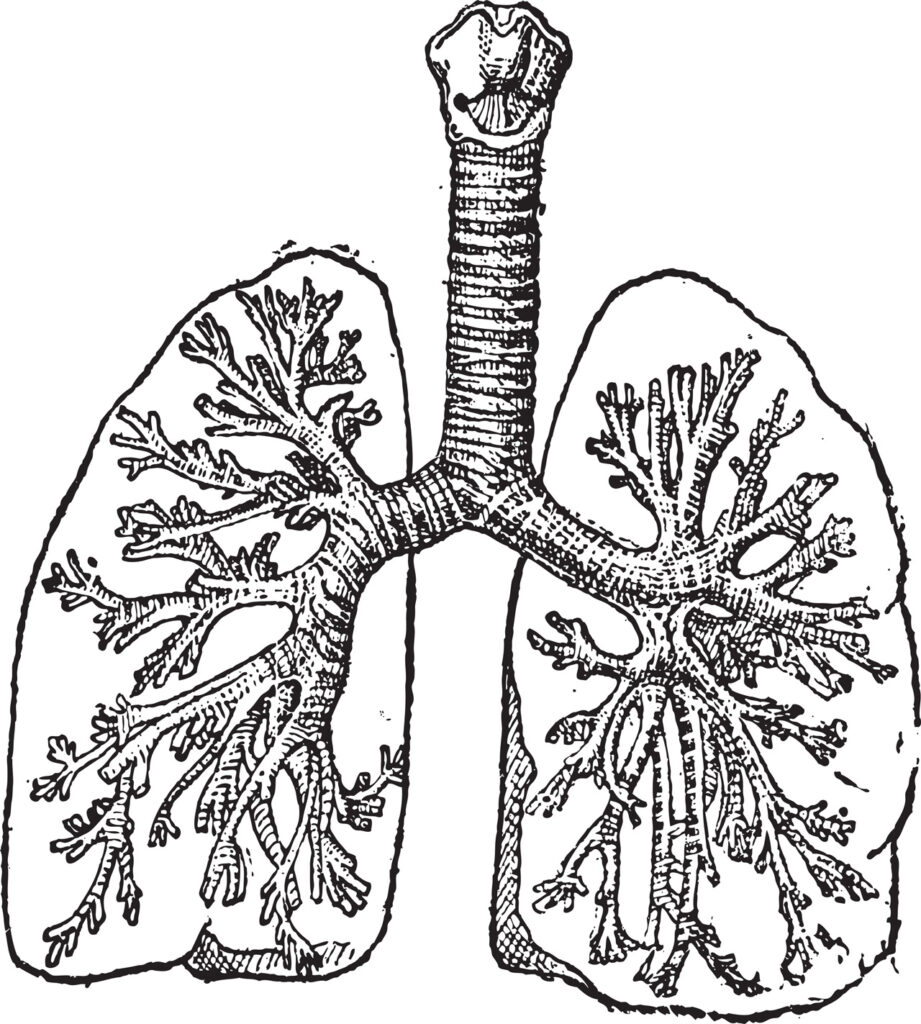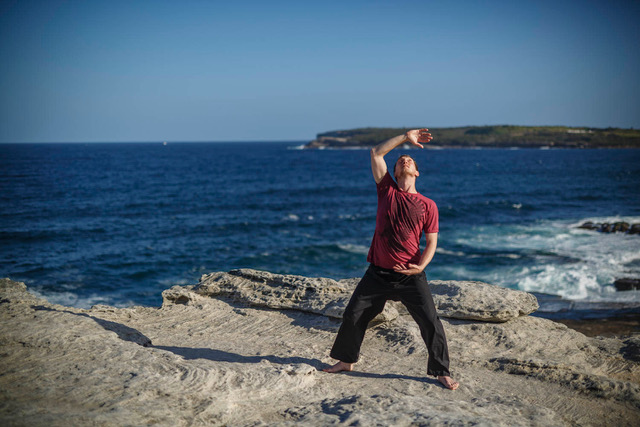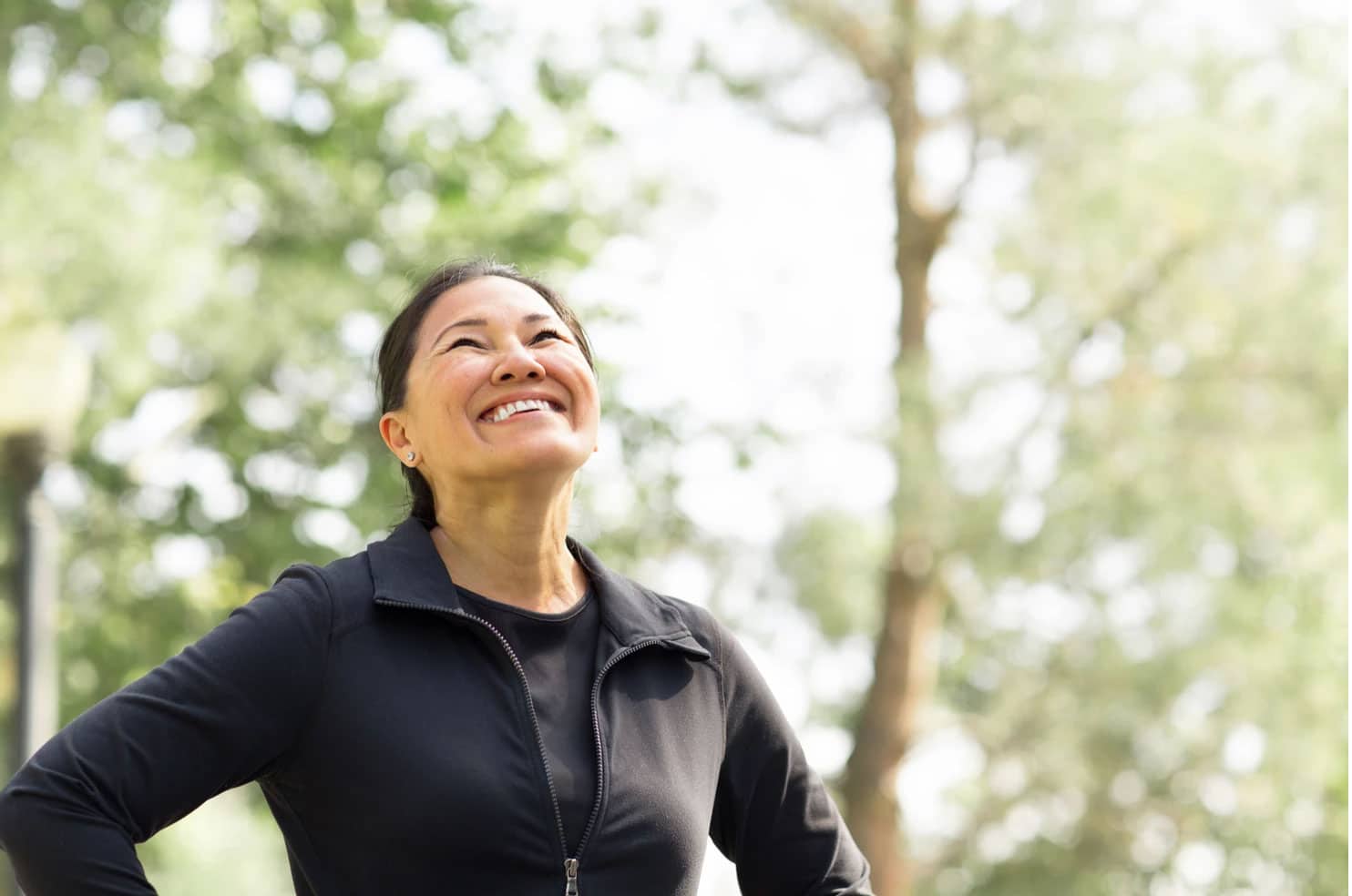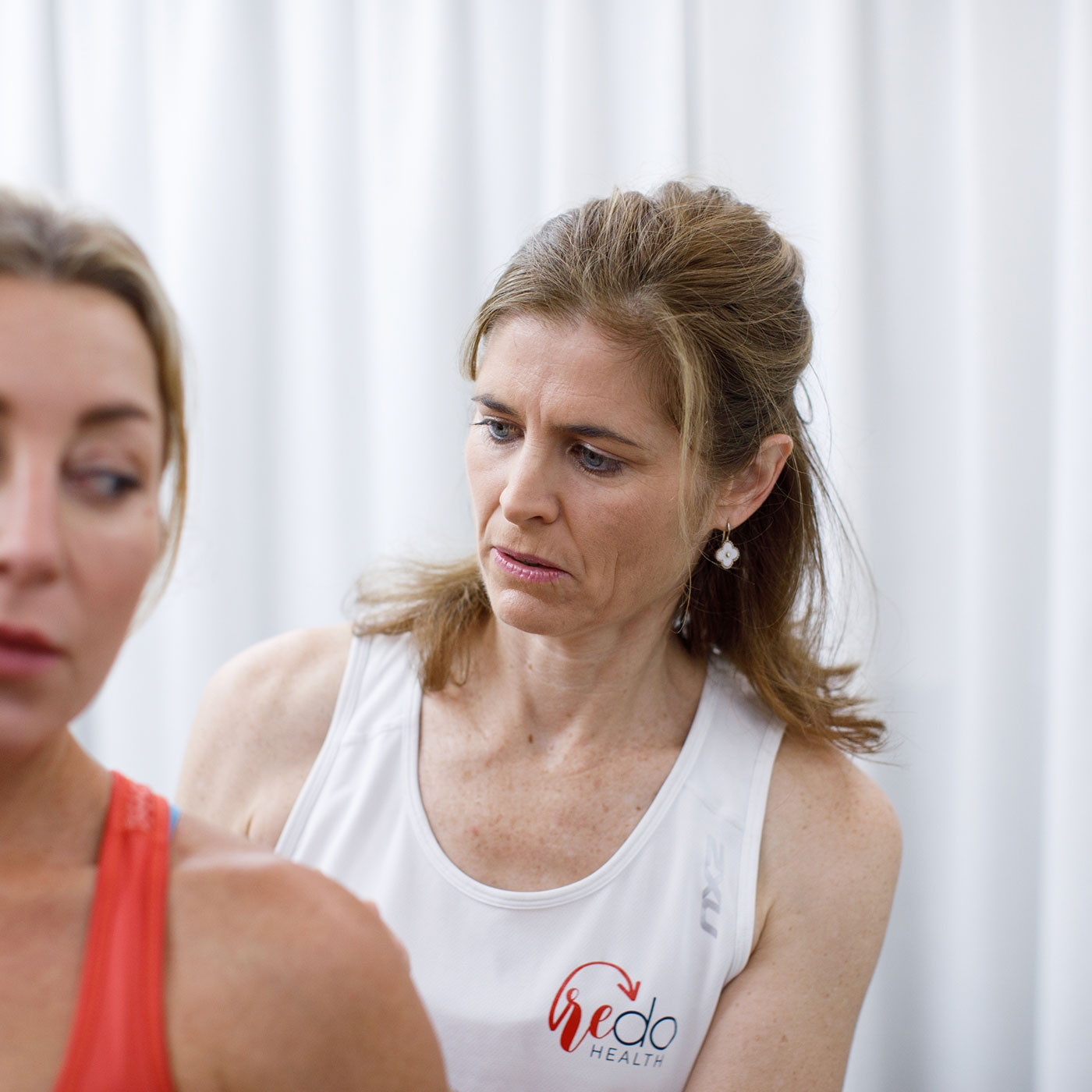
Osteoarthritis and Exercise: How Movement Can Reduce Pain and Improve Mobility
If you live with stiff or painful joints, the idea of exercising might sound uncomfortable — or you might have been told to avoid certain

We are entering our last month of 2020 and what a whirlwind of a year it has been. A turbulent year to say the least. A year where many of us have been pushed beyond our means – physically, mentally, emotionally. Many of us have had to re-evaluate what is important to us.
In the clinic we have seen an increasing amount of people invested in improving their physical health. While we are not mental health specialists, the two go hand in hand.
When we are mentally unwell, we often don’t feel our physical best and when unwell or injured depression and anxiety are all too real.
It can be a vicious cycle.
Stress.
And all the stressors of life.
Impact us all in different ways.

This can result in tension throughout the body, through the neck, shoulders and upper back and can have many clinical presentations with a variety of other signs and symptoms.

What often happens is the mind is racing at one level and the body is moving at another – maybe less aware of how one is moving, but with increasingly noticeable stiffness, tension and pain.
A mismatch between the physical and mental.
Calm your breathing.
Calm your mind.
Reduce those racing thoughts.
Ease the tension throughout your body.

Those all sound pretty good, don’t they?
At RedoHealth we have been offering Qigong classes with Adam for the last 2 years. Adam came to us through a mutual connection who found the practice of Qigong beneficial for her both physically and mentally.
When asked about Qigong, in addition to what exactly is it? The most common question we hear is – how do you pronounce it?
In the simplest terms, Qigong is an ancient Chinese system of physical exercises, meditation and controlled breathing.
Qigong is often translated as “vital energy cultivation” or “mastery of your energy”. Basically, the act of learning how to balance your physical and mental energy to create a state of homeostasis.
There are many forms of Qigong practiced around the world.
When you mention Qigong, many people think of Tai Chi, with older people practicing slow flowing movements in the local park.
While both Tai Chi and Qigong involve slow movements to balance the flow of energy or “chi” within us, Tai Chi is a martial art and Qigong is a form of Chinese Medicine, like Acupuncture.

It is this pairing of movement and breath, bringing them in sync, which helps one to re-establish a connection between body and mind.
Qigong utilises the same energy channels and meridians found in acupuncture. The movements of forms of Qigong are each connected to a specific organ, emotion, colour, element, direction and season.
Qigong movements are used to shift your emotional state, open up the flow of Qi in the body and to calm your mind.
The fascia around the organ is renewed with fresh water and the Qi flow through the meridians to the organ is mobilised to become replenished and unstuck.
One of the greatest benefits of Qigong for those in a prolonged state of stress, is that it dampens the activity within the sympathetic nervous system (stress response) and increases activity within the parasympathetic nervous system (relaxation response), thus creating a feeling of balance within the body and mind – leading to an overall sense of calm.
Check out our timetable for Qigong classes and workshops here.

If you live with stiff or painful joints, the idea of exercising might sound uncomfortable — or you might have been told to avoid certain

We breathe over 20,000 times a day, yet most of us don’t think twice about it. But if you struggle with chronic pain, fatigue, stress,

From Melinda… For people who come to my classes and clients who have been seeing me for a while, may have heard some of the